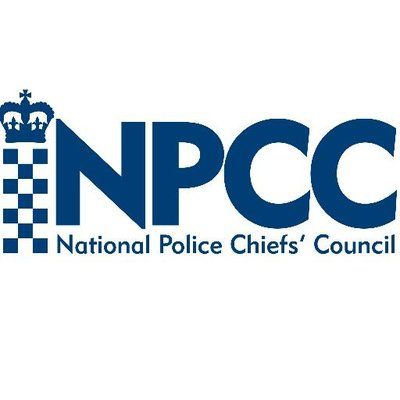
You can read the original copy on the NPCC website here
Today a national consensus has been agreed between policing, health and social care organisations to improve people’s health and wellbeing, prevent crime and protect the most vulnerable people in England.
It has been agreed between: Association of Directors of Public Health, Association of Police and Crime Commissioners, Clinks, College of Policing, Faculty of Public Health, Local Government Association, Nacro, National Association for Voluntary and Community Action, National Police Chiefs’ Council, NHS England, Public Health England, and the Royal Society for Public Health.
The Policing Vision 2025, published at the end of 2016, recognised the growing diversity and complexity of the policing landscape requiring collaborative work across the system to prevent crime and protect vulnerable people.
By working together and intervening early to address the common factors that bring people into contact with the police and criminal justice system and lead to poor health we can improve public safety and reduce crime.
We have agreed:
- To move beyond single service-based practice to whole place approaches to commissioning and delivering preventative services in response to assessments of threat, harm, risk and vulnerability.
- To get better at identifying and supporting vulnerable people through the millions of interactions between community members, health and police services and our partners each year.
- To enable the police service, public health teams and other partners to work better together to support families enrolled in the troubled families programme, domestic abuse victims, children subject to Child Protection Plans and the management of sexual and violent offenders and those with complex dependencies such as drugs, alcohol or mental health.
- To identify and explore opportunities where national bodies can promote guidance, promote the sharing of information, support education and training needs and share learning to improve local services.
- To ensure staff have the skills and knowledge necessary to prevent crime, recognise risk factors earlier, protect the public, improve health and wellbeing and secure public trust.
- To work together to use our shared capabilities and resources more effectively to enhance the lives of those with complex needs and the people they interact with.
- To offer an integrated approach through the better co-ordination, prevention and early intervention that will increase the reach and impact of all services.
